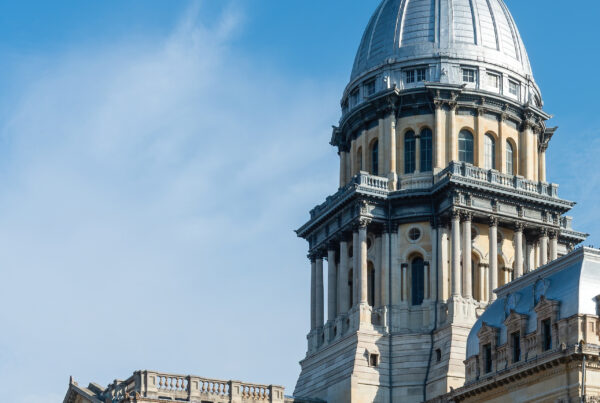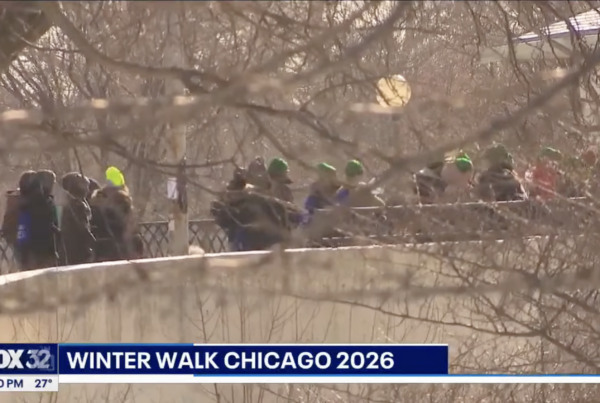By Reuben Unrau
While U.S. unemployment is at its lowest point in years, a new report shines a light on a racial gap that’s especially prominent in Illinois.
For the 15th month in a row, Illinois has the nation’s highest unemployment rate among African-Americans, according to a report by the Economic Policy Institute.
In an analysis of third quarter data, Illinois’ black unemployment rate stood at 14.2 percent, according to the EPI. Nationwide, unemployment for African-Americans was 8.4 percent.
The report, which analyzes unemployment rates by state and ethnicity, found a prevailing divide along racial lines despite overall employment improvements since the recession. In Illinois, the white-black unemployment gap is especially wide. While nationally, African-Americans are unemployed at 2.1 times the rate of their white counterparts, blacks in Illinois are unemployed at a rate nearly three times higher than whites.
“When unemployment decreases at a national level, we have to break it down by race,” said Janelle Jones, author of the report. “Saying simply that unemployment is down is really leaving behind entire communities who have barely recovered since the Great Recession.”
In an analysis of the EPI report, Michael Lucci, vice president of nonprofit think-tank the Illinois Policy Institute, argues that Cook County’s recent ordinance to increase the minimum wage to $13 per hour has hurt employment prospects for African-Americans.
“These laws effectively ban job opportunities that might otherwise employ young black men and women in the Chicago area,” Lucci writes. “The first solution is to stop digging a deeper hole with minimum wage hikes and roll back the misguided minimum wage hikes in Chicago and Cook County.”
Jones, however, says that African-American workers have been largely impacted by jobs in the manufacturing and construction sector which have failed to return to pre-recession levels. She also points to another EPI report that finds “no significant evidence that job losses in the post-2007 period were driven by federal minimum wage increases.” Institutions with better wages, and more worker protections and unions, Jones says, prove to be more stable for African-Americans.
“If the only way we can employ African-Americans is through low-wage jobs, that is a problem,” she said. “We can either design an economy that only employs minorities at low wages, or we can design an economy that raises the floor and let’s everyone have some bargaining power and a living wage.”
Unemployment is one of the key issues addressed in the Chicago Urban League’s “Blueprint for an Equitable Chicago,” a 10-year agenda to improve conditions for the city’s African-American population. The plan emphasizes education as the foundation for future economic success.
Shari Runner, CEO and president of the Chicago Urban League, is specifically critical of the state’s education funding mechanism that relies heavily on school districts’ property taxes. A 2015 Education Trust report reveals that Illinois has the nation’s largest funding gap between high-poverty and low-poverty districts, with the highest poverty districts in the state receiving nearly 20 percent less funding than districts with the lowest poverty levels.
“We know that there is a brain drain that eventually leads to a job drain,” said Runner. “These current outcomes are long-term and reflect the investments that the state of Illinois has decided to make, specifically in mind, against education and deeply rooted in race.”






